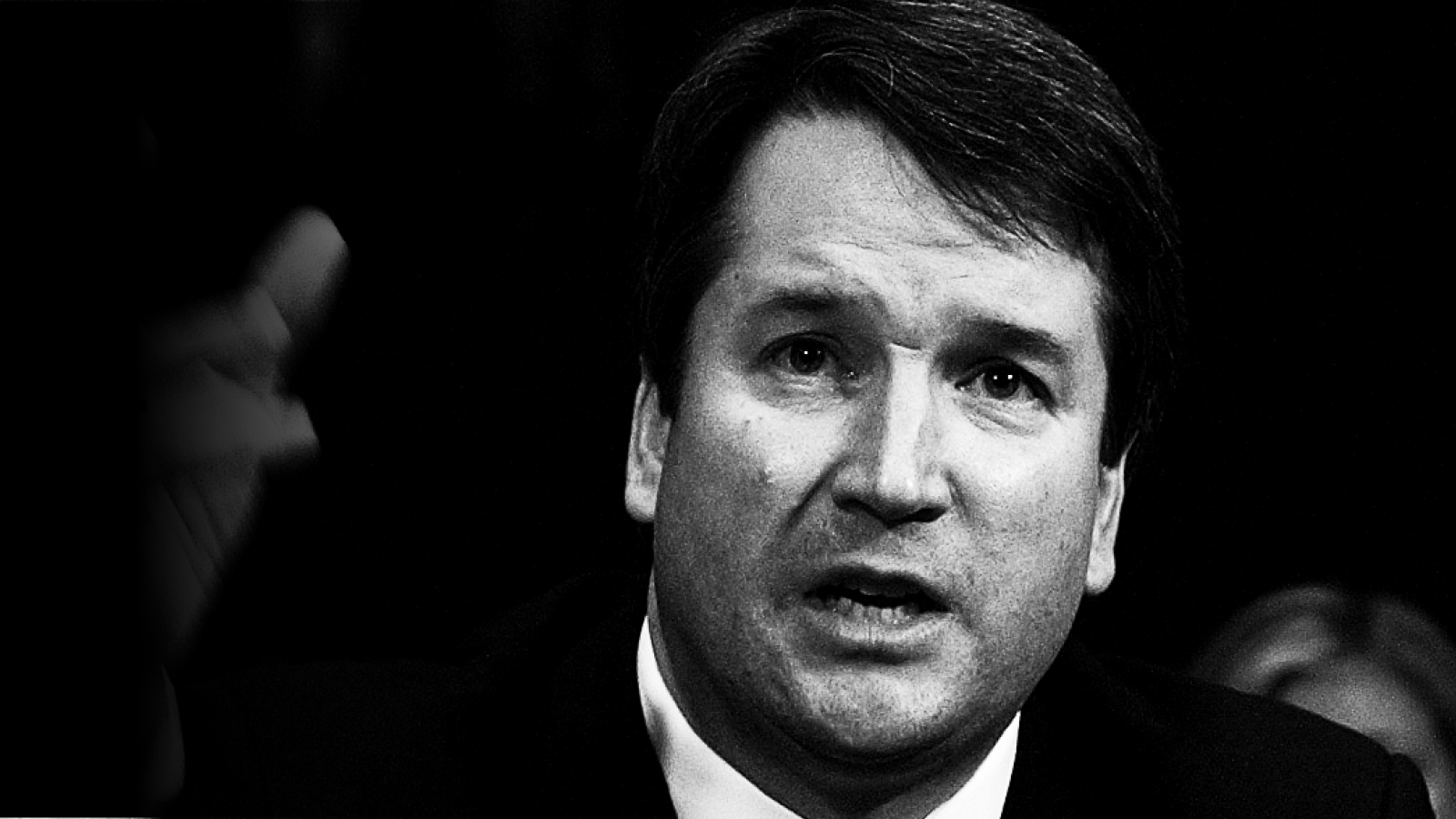Conservatives are praising President Trump’s nomination of Judge Brett Kavanaugh to the Supreme Court, calling him “a religious liberty warrior” and praising his refusal “to banish religion from the public square.”
What they fail to realize is that religious liberty is not about keeping religion in the public square. Religious liberty is about ensuring that all people — regardless of faith tradition or practice — have access to the public square, including the rights and protections that access guarantees.
As a pastor whose life’s work is in the public square, my faith compels me to continue fighting to protect civil and human rights and work for a country in which all belong and all can thrive. I firmly believe that faith should expand, rather than limit, the rights of others. Faith does not grant anyone immunity to crush and suppress the beliefs of others.
Justice Kavanaugh’s record, however, is built on his belief that the Constitution should be interpreted as it was written in the 18th century, before women, African Americans or working people had codified rights — before these Americans had access to the public square. Our collective civil and human rights hang in the balance with his nomination. Protecting religious freedom — and expanding access to the public square — requires opposition to this extreme nomination.
People of faith must speak up for the preservation of our country and true religious freedom, especially if we care about making this country’s criminal justice system, reforming immigration policies, expanding voting rights, and ensuring all people — regardless of race, religion, past conviction status, gender identity, or sexual orientation — are treated equitably and with respect in this country. And we must demand our senators do the same.
We support leaders who will see and treat all of us equitably, rather than those who build careers lifting the wealthy and powerful over workers, consumers, people of color, and women.
READ: Evangelical Women & Men Call for A Pause on Culture War
While a lawyer in private practice, Kavanaugh worked to ensure one faith group had greater access to the public square than others. As a judge on the bench for the U.S. Court of Appeals for the D.C. Circuit, he dissented in three different cases upholding pieces of the Affordable Care Act, making clear that he does not support the law and would rule to overturn it if there was an opportunity.
Let’s be clear, millions of people could lose health care if the ACA were overturned at the Supreme Court. There are already a number of cases on their way to the Supreme Court, including the Kentucky lawsuit about Medicaid work requirements and Texas v. Azar, which could invalidate the entire ACA, including Medicaid expansion for about 12 million people and important protections for 130 million people with pre-existing conditions.
In a 2017 speech before the American Enterprise Institute, Kavanaugh spoke strongly against the separation of religion and government required by true religious freedom and praising the late Supreme Court Justice William Rehnquist’s argument against church-state separation: “When Justice Rehnquist joined the Supreme Court in January 1972, the Court was in the midst of erecting a strict wall of separation between church and state. . . . He persuasively criticized the wall metaphor as ‘based on bad history’ and ‘useless as a guide to judging.’”
While faith-inspired advocacy has an important place in our society, deconstructing the wall between church and state opens the door to excluding people from the public square while granting one religious interpretation control over all others. It opens the door to lost access to critical health care, lower wages, limited voting rights, discrimination against women and LGBTQ people and the continuation of systemic racism — all under the guise of “religious liberty.”
Kavanaugh’s anachronistic interpretation of the law could turn back the clock on hard-won victories for disenfranchised groups and reverse legal precedents in ways that fundamentally alter our democracy and the rights and freedoms of millions. We must not allow the Supreme Court to roll back a century of progress on civil and human rights.

